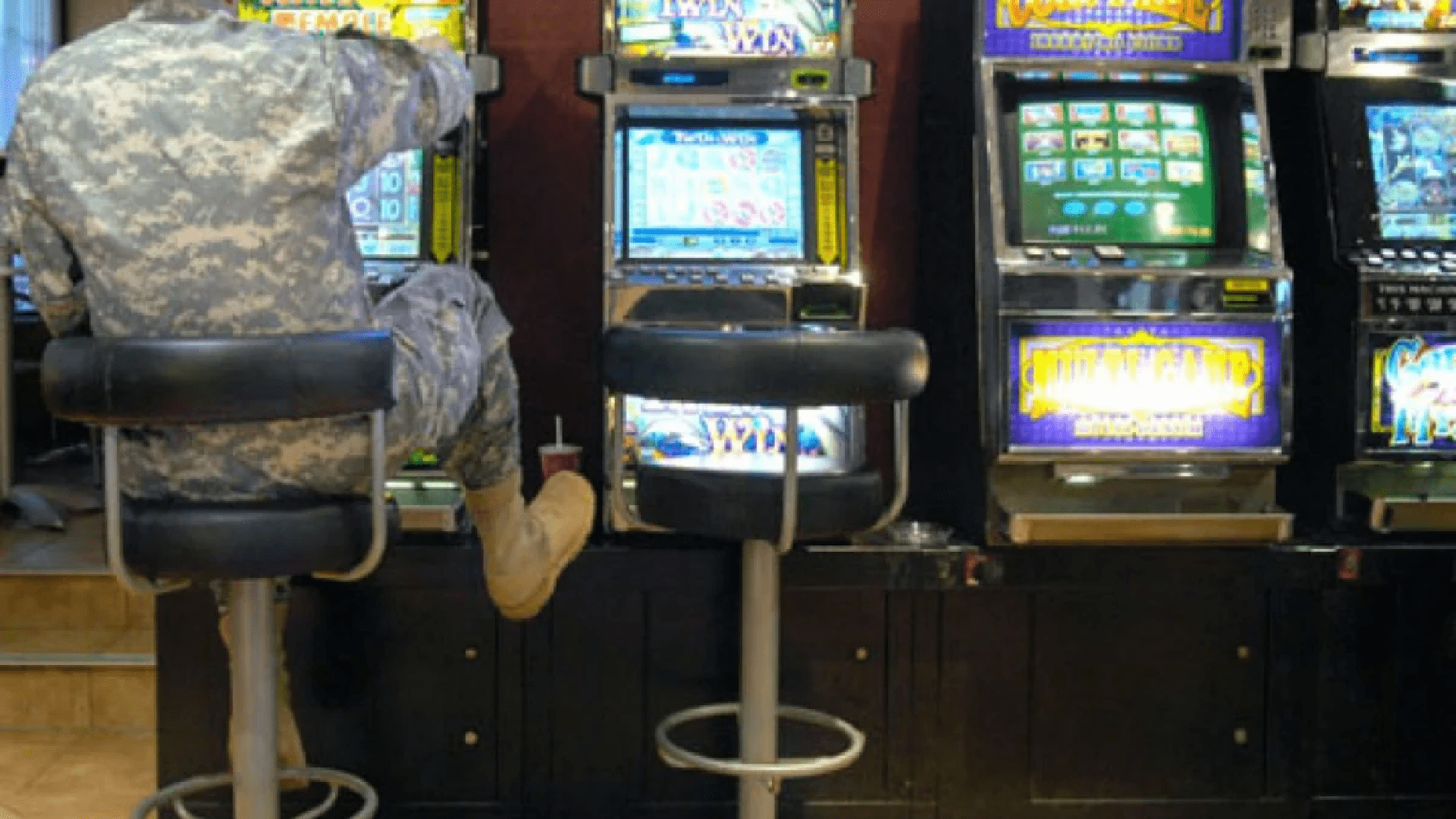Brazilian Senate Approves Sports Betting Legislation while Rejecting Online Gambling Expansion
The Brazilian Senate takes a significant step forward by endorsing sports betting legislation, opening the door for a regulated industry with precise licensing requirements. Senator Carlos Portinho raises the possibility that the online gambling provisions may reappear as a stand-alone bill, which adds intrigue to the way Brazil's gaming industry is changing even as they are rejected due to concerns.
Brazil's Senate Accepts Sports Betting But Disapproves of Internet Gaming
By passing a significant bill, the Brazilian Senate has made significant progress toward the possibility of legalizing sports betting in the nation. There is a catch to the approval, even though this is a positive start. The Senate declined to support certain provisions pertaining to online gambling.
The Senate has been debating the Bill of Deputies intermittently since it was approved by the Chamber in September. The Senate's amended version of the law will now be sent back to the Chamber of Deputies for further examination.
The majority of the Senate's amendments, additions, and changes were approved during Tuesday's vote. However, they now have to make a victorious return to the Chamber of Deputies.
Brazil Tightens Regulations and Lowers Sports Betting Taxes
To operate in this quickly growing industry, businesses will need to obtain a specific license for either online or offline betting, or both.
To be eligible for a license, businesses must meet certain requirements, such as maintaining their headquarters and administration in Brazil. In addition, they must designate a member with the required experience, implement internal control measures for customer service, and adhere to technical and cybersecurity standards.
It's interesting to note that the business revenue-based tax cut has lasted. Instead of paying the 18% that some lawmakers had demanded, sports betting operators will pay 12% according to the approved text.
There will be a financial impact on the federal government from the proposed reduction of the tax rate on bettors' winnings from 30% to 15%. It may now have to make do with roughly half of its projected revenue of BRL2 billion to BRL6 billion (US$402,600 to $1.2 million) for 2024.
Gaming operators are also prohibited by strict advertising regulations from giving bettors misleading information about their chances of winning. Additionally, operators are prohibited from portraying gambling as socially desirable, even if they utilize celebrities to support the notion that it fosters success in both personal and professional spheres.
Gaming operators must establish a customer service line that is reachable by phone or online as one of the requirements. This must be given without charge in order to address and resolve inquiries and concerns regarding betting.
Brazil Rejects Bill on Internet Gambling; It May Reappear as Stand-Alone Law
The legislation's advancement was hampered by senators' differences over whether or not to include virtual casinos in the measure.
Due to the foreign headquarters of the companies that run them, online casinos continue to operate even though they are prohibited in Brazil. On these websites, users can easily create accounts and verify that they are of legal age to play games like slots, roulette, blackjack, and poker.
Recent investigations into companies marketing and distributing Fortune Tiger, also known as Jogo do Tigre in Brazil, have fueled legislators' conversations even more. Not only is the slot-like game illegal, but it has also come under fire after it was discovered that numerous players had lost all of their life savings trying to win big prizes.
As a result, some senators contended that, in light of the concerns raised by these investigations, the bill's inclusion of online gambling ought to be dropped. Despite winning the battle, Brazil continues to be against regulated online gaming.
Still there, though. Senator Carlos Portinho, who led the charge to remove iGaming, suggested that the bill be reintroduced as a stand-alone.













